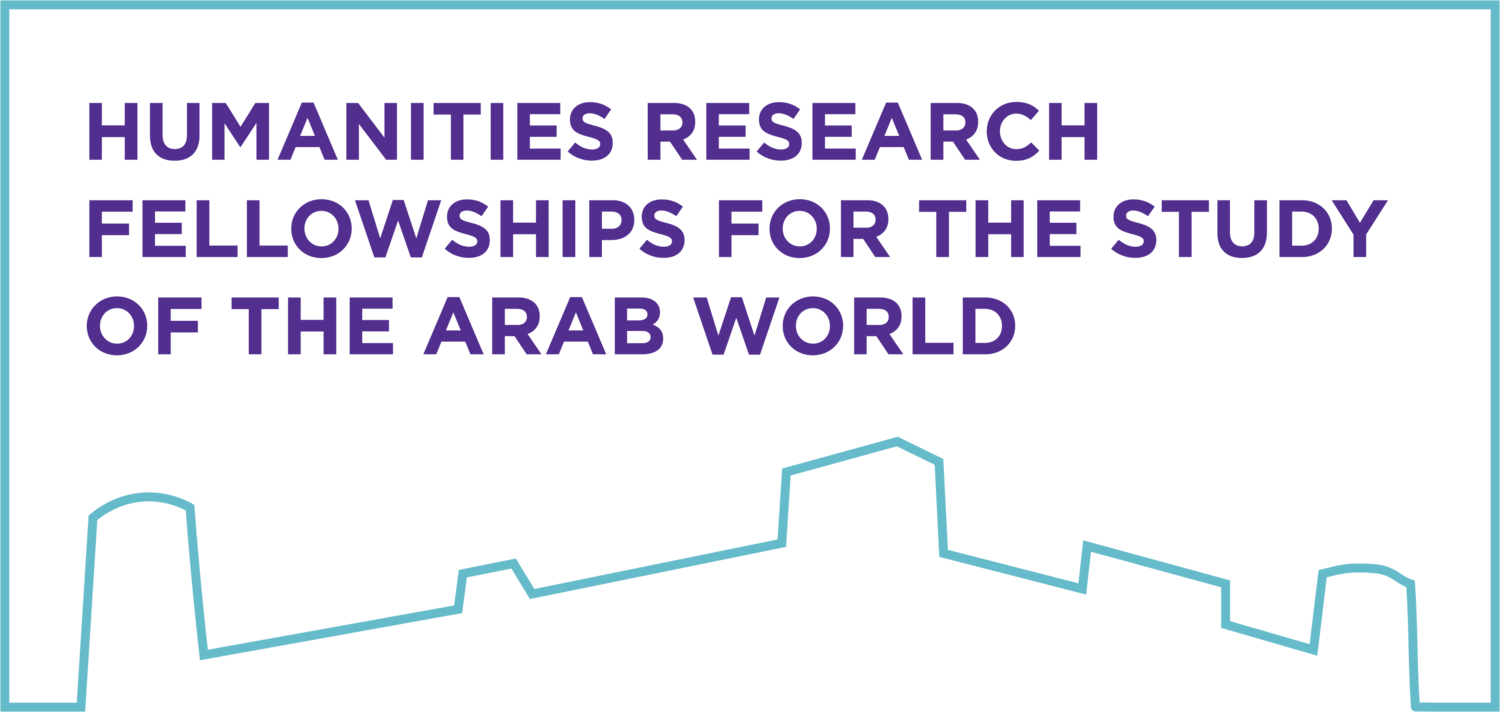Yousef Casewit, a Humanities Research Fellow at NYUAD, organized a two-day workshop (March 1-2, 2016) on the interpretive approaches to the divine names in medieval Islamic theology, philosophy, and mysticism. The workshop, entitled “The Divine Names in Medieval Islamic Thought,” was attended by scholars from NYUAD, Kalam Research and Media, Tabah Foundation, the American University of Sharjah, and Zayed University. In addition to lectures by guest speakers, the workshop featured intensive group readings and discussions of select passages from the Arabic philosophical treatise on the divine names by the North African Sufi poet and philosopher, ‘Afif al-Din al-Tilimsani (d. 1291 AD).
The first day of the workshop centered on approaches to the divine names in the Islamic theological tradition (kalam). Following introductory remarks by Yousef Casewit on Tilimsani's life and works, Martin Nguyen, Associate Professor at Fairfield University in Connecticut, delivered the opening talk entitled Abu l-Qasim al-Qushayri’s (d. 1072 AD) Engagement with the Divine Names. Nguyen presented one of the earliest known and highly influential Sufi and theological treatments of the names.
This talk was followed by a lecture on late Ash‘arite philosophical-theological thought by Frank Griffel, Professor of Religious Studies at Yale University. His talk, entitled God as Necessary Being: On the Ashʿarite Reception of Avicenna, shed light on Avicenna’s proof for God as the “Being who cannot not Be,” and the evolution and reception of his pivotal argument in the theological writings of Ghazali (d. 1111) and Fakhr al-Din al-Razi (d. 1209).
On the second day of the workshop, the participants turned to Sufi-Philosophical approaches to the divine names during the 13th-14th centuries, AD.
The first lecture was delivered by Oludamini Ogunnaike, a Postdoctoral Fellow at Stanford University. Ogunnaike shared his analysis of a recently published commentary by Tilimsani on the Fusus al-hikam. The Fusus is a widely received summary of philosophical Sufism written by the great Andalusian mystic Ibn ‘Arabi (d. 1240) which received over one-hundred commentaries over the centuries. Tilimsani’s commentary has escaped the attention of modern scholarship and is the first of commentary on the Fusus.
The second lecture was presented by Faris Casewit, a Doctoral Candidate at Harvard University. Casewit presented some of his findings on ‘Ali al-Harrali (d. 1240), a fascinating and little-known North African Sufi philosopher who sought to intellectually reform Muslim scholars of his day and who authored a treatise on the divine names which is available in manuscript. Caner Dagli, Associate Professor at The College of the Holy Cross (MA), delivered the final talk of the workshop. Caner’s talk centered on the doctrines of Dawud al-Qaysari (d. 1350), one of the greatest exponents and systematizers of Ibn ‘Arabi’s teachings during the Mamluk era.
